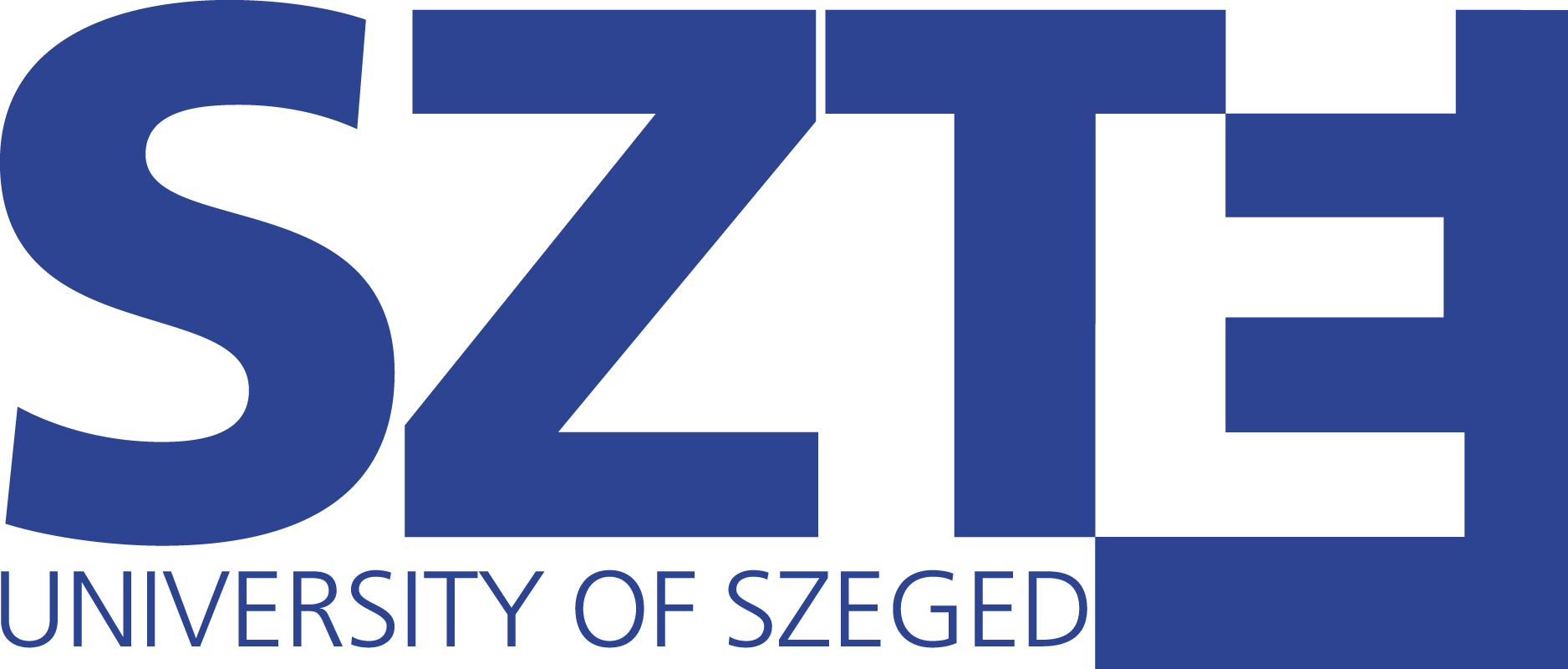
A sustainability rankings has been compiled for higher education for the first time this year by Quacquarelli Symonds (QS) Rankings in the UK. Only three Hungarian universities were included in the ranking, one of which was the University of Szeged, which ranked between 381 and 400th overall. The University of Szeged also scored highly on the performance indicators used to compile the list: it was the best Hungarian institution in terms of the impact of education, sharing of knowledge, equal opportunities and quality of life.
The University of Szeged is one of the best Hungarian universities in the sustainability ranking published for the first time this year by Quacquarelli Symonds (QS), the world's most respected higher education ratings company. The QS list, published on 26 October, includes around 700 institutions worldwide, 303 in Europe and only 3 in Hungary.
SZTE was ranked 381-400th overall, but also excelled in the sub-categories of the ranking. In Hungary, it ranked first in indicators measuring the impact of education, sharing of knowledge, equal opportunities and the promotion of a good quality of life. It also scored well in the areas of teaching and research activities in the fields of sustainability, sustainable institutional operations and preparation for the labour market.
The new QS Sustainability Ranking has been developed with experts from around 20 countries and is based on the 17 UN Sustainable Development Goals (SDGs), taking into account data from other QS rankings, baseline data from institutions, Elsevier, UNESCO and the World Bank, among others.
The focus of the ranking is on the social and environmental impact of universities as centres of teaching, research and knowledge, and these two categories are given equal weight in the overall ranking.
The subcategory for Social Impact covers the institutions' contribution to preparing students for the labour market (20%), the equal opportunities dimension (30%), the promotion and provision of a good quality of life (well-being and prosperity) (10%), the social impact of educational activities (20%), and the use and sharing of knowledge in research collaborations (20%).
The subcategory Environmental Impact includes aspects of educational and research activities with a focus on environmental awareness and sustainability, academic recognition (40%), sustainable institutional functioning and commitment (35%), research in areas related to the UN Sustainable Development Goals (25%).
SZTEinfo

